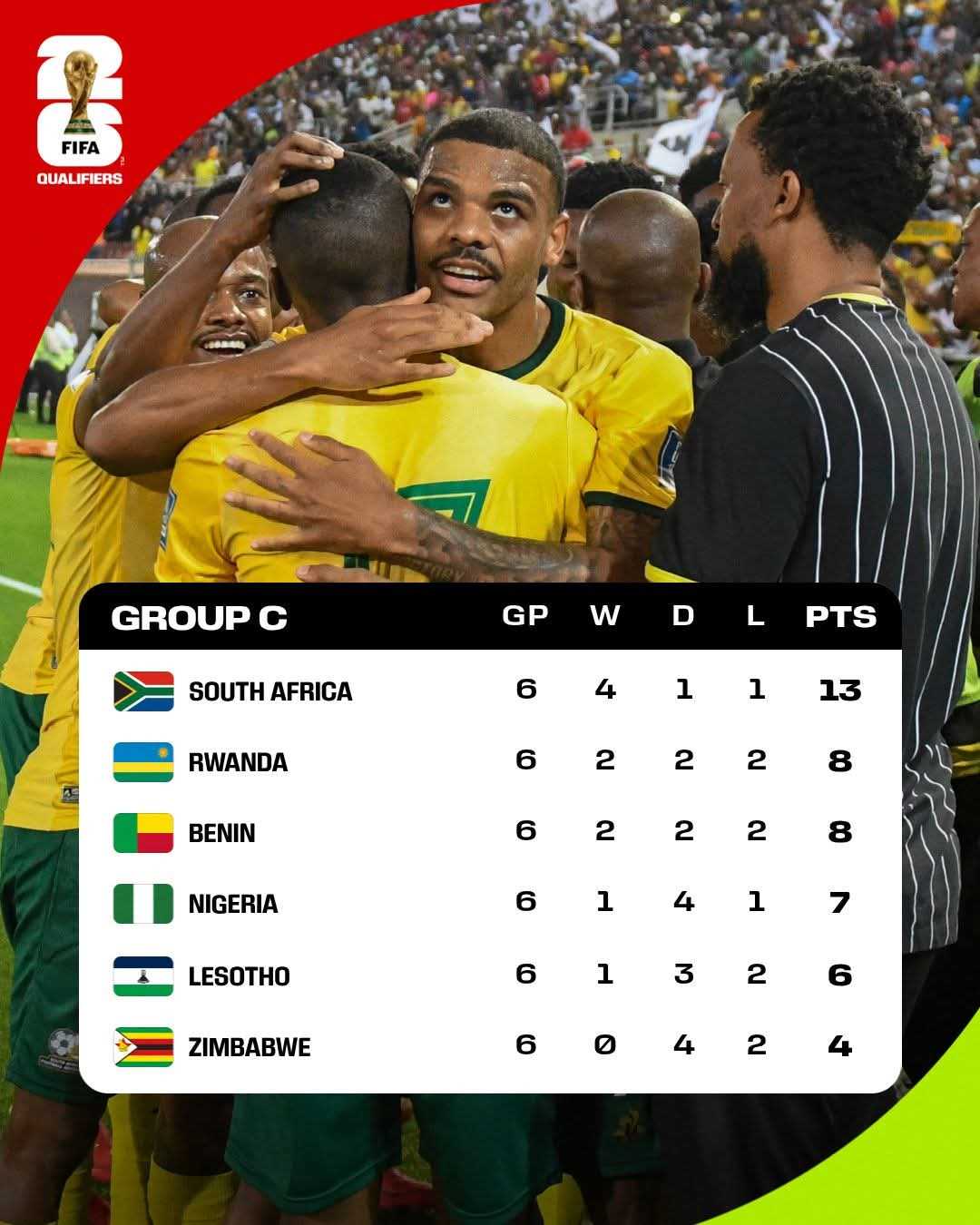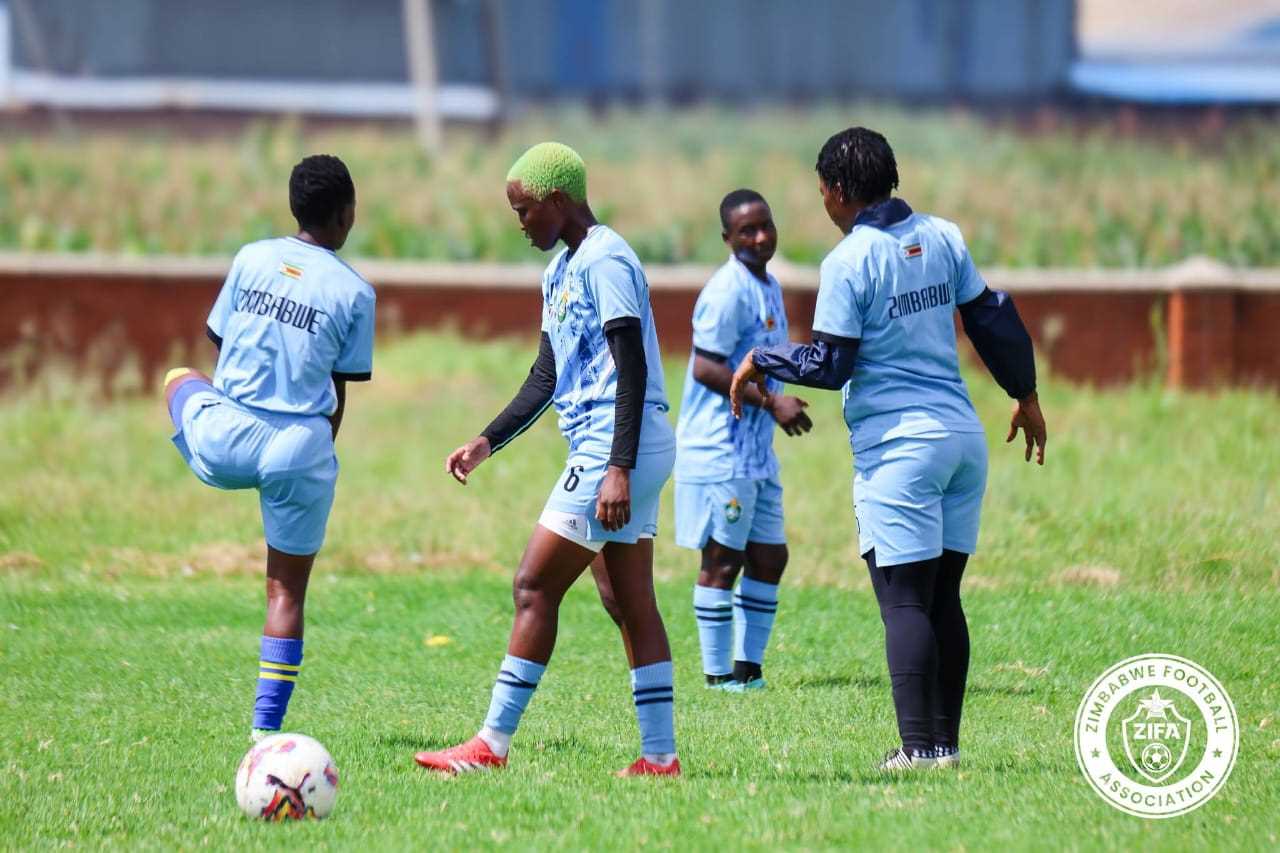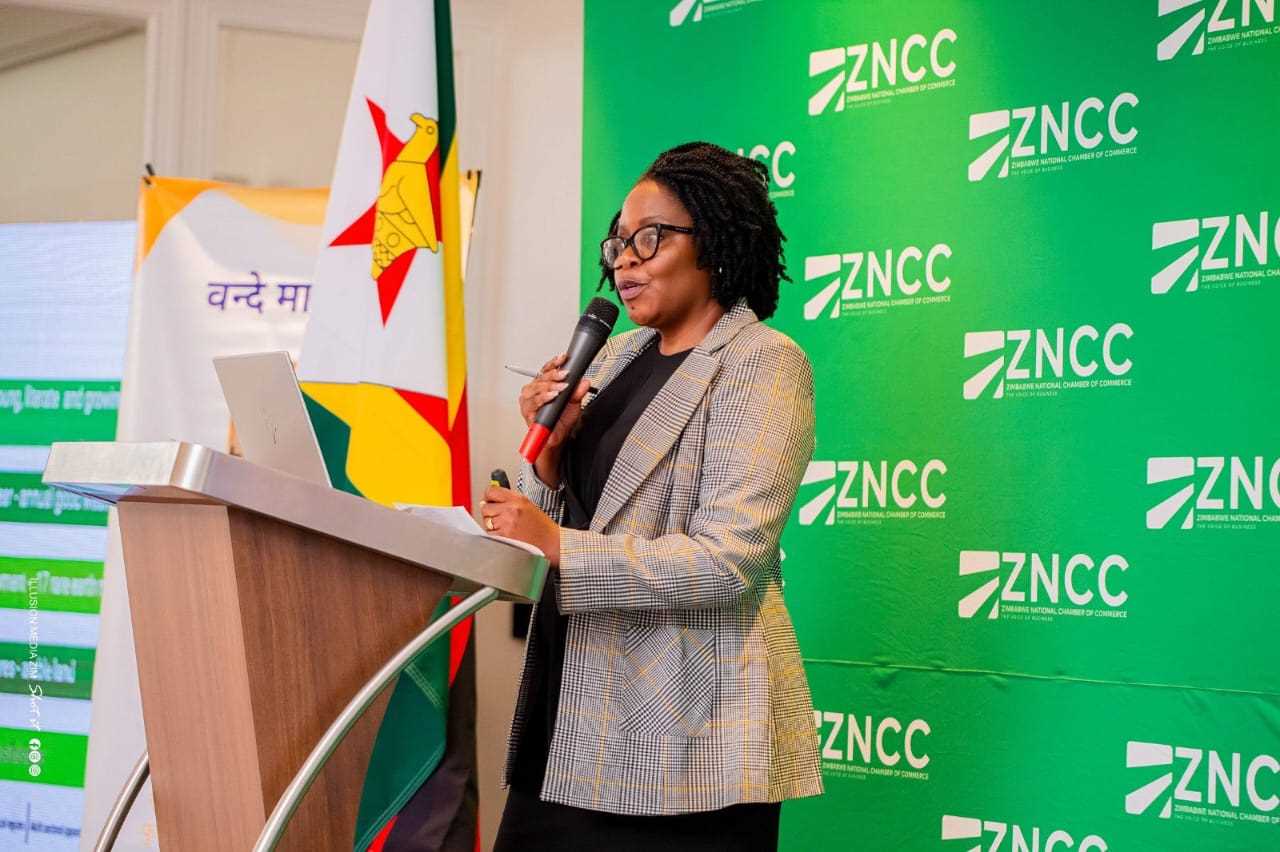
Philemon Jambaya
Zim Now Editor
The ghosts of Zimbabwe's infamous Asiagate match-fixing scandal are threatening to derail the national team's 2026 World Cup dream. A highly placed source within the Warriors set up has revealed that individuals previously banned by Zifa for life from all football activities are back, allegedly influencing senior players and officials ahead of crucial World Cup qualifiers.
"We thought we had gotten rid of these elements, but they're back, and they're more brazen than ever," the source said, speaking on condition of anonymity. "Some of the people we banned are now traveling with the team again, but this time they've found a new way to get close."
Related Stories
The original Asiagate scandal between 2007 and 2010 saw the Warriors and other local clubs being paid to lose matches in Asia. The subsequent investigation led to numerous bans, with some of the most shocking revelations being the involvement of local sports journalists, who "donned the national team jersey" or "sat on the bench" during the fixed games.
According to a senior national team player, this same cartel for which one of them runs a blog on his Facebook, Page, is allegedly behind a recent "commotion" that disrupted the team's preparations in Morocco, creating a climate of mistrust and division. "They used some of the senior guys to create a mess in the camp, and now they're trying to do it again," the player stated. "We don't know who to trust."
The situation is alarming because the individuals are not only suspected of trying to influence the players and manipulate the outcomes of matches but have also reportedly booked their own tickets and accommodations for the upcoming matches against Benin in Abidjan and Rwanda in South Africa.
This suggests an organized and well-funded effort to re-establish control through their scams.
While the Warriors are mathematically out of the running for a World Cup slot, their remaining two games are anything but "dead rubbers." They now hold the role of "kingmakers"—their results will directly influence which of their rivals will advance. The alleged return of the match-fixing syndicate, however, threatens not only the integrity of these matches but the very reputation of the team. A prominent football analyst, who wished to remain unnamed, expressed grave concern. "The most damaging thing about Asiagate was the loss of public trust," he said. "If this cartel is allowed to operate again, we'll go back to a time when people watched a game and wondered if the players were fighting for their country and the badge or for a brown envelope."




















Leave Comments